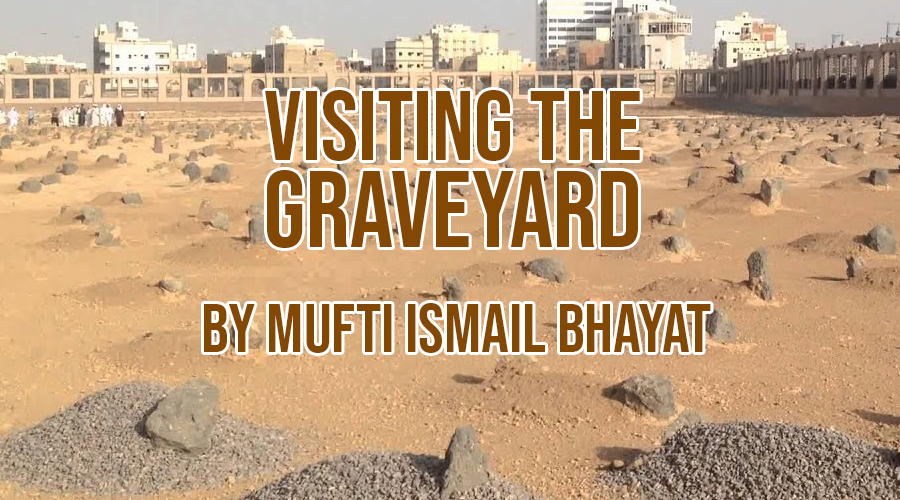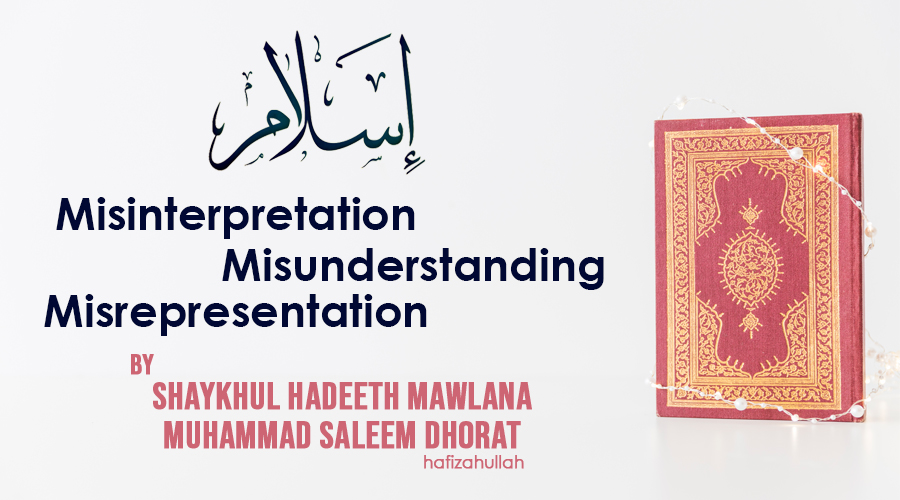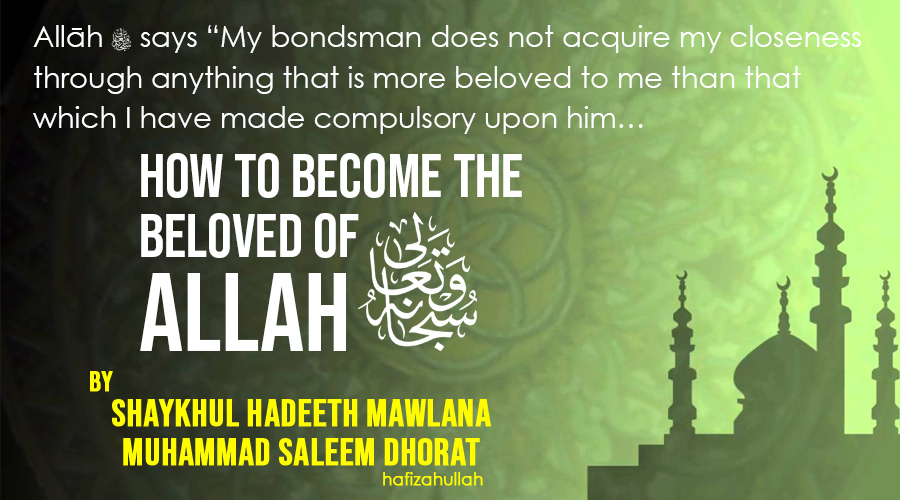
Visiting the graveyard
Visiting the graveyard is a very effective method of remembering both death and the Hereafter. The sight of those who have left this world of deceit brings about a sense of reality and gives a moment of contemplation to every visitor. Whether a person is following a Janazah or is visiting a loved one, the utter silence and petrifying scene softens the heart and brings tears to the eyes.
The Prophet صلى الله عليه وسلم said: “I had prohibited you from visiting graves;
now visit them, for in visiting them is a great lesson.” (Tirmidhi)
In another Hadith The Prophet صلى الله عليه وسلم states: “ I had prohibited you from visiting graves;
now whosoever wishes to visit, he should do so, for it softens the heart, brings tears to the eyes and reminds of the Hereafter.” (Ahmad)
Even that heart which, due to sins, has become hard and void of any feelings finds the opportunity to break the walls of darkness found within itself! ‘Allamah Manawi t states: “One of the greatest medicines for heard-heartedness is visiting the graves and reflecting upon the state of the buried person.” (Fayd-al-Qadir)
The visiting person evaluates his life and actions, making resolutions on how he will spend the remainder of his life. Hatim Asam t used to say: “Whosoever passes by the graveyard and does not contemplate over his life and does not supplicate for the deceased, has deceived both himself and them.” Abu Ad-Darda t was once asked regarding his frequent visits to the graveyard. He replied: “I sit with those people who remind me of my final abode.” These Ahadith and quotations clarify the benefits of visiting the graveyard. Furthermore, the Ulama have stated that visiting the graveyard is ‘Mustahabb.’ (Shami) Furthermore, ‘Allamah ‘ibn Al-Hazm has opined that visiting the graveyard is compulsory at least once in a person’s lifetime. (Fath-al-Bari)
What to do Whilst Visiting
The graveyard being one’s final abode offers plenty of opportunities to reflect on one’s past life; this should be profited from.
Imam Ghazali t has stated: “The objective of visiting the graveyard is for the visitor to take heed from the state of the deceased and for the deceased to benefit from the visitors du‘a.” (Ihya)
Throughout one’s time there, he should constantly be attentive towards Allah سُبْحَانَهُ وَ تَعَالَى, ask for forgiveness for his sins, make resolutions for his future and take a lesson from those who have passed before him.
The Fuqaha, mentioning the etiquettes of visiting the graveyard, have stated: – Upon entering the graveyard recite the following du‘a (as mentioned in the Sunan of Imam Ibn Majah):
السَّلامُ عَلَيْكُمْ أَهْلَ الدِّيَارِ مِنَ الْمُؤْمِنِينَ وَالْمُسْلِمِينَ ، وَإِنَّا إِنْ شَاءَ اللهُ بِكُمْ لَلَاحِقُونَ ، نَسْأَلُ اللهَ لَنَا وَلَكُمُ الْعَافِيَةَ
(O believing dwellers! Greetings be upon you. And insha’allah we will soon be joining you. We ask Allah to grant us and your safety.)
When visiting specific graves face towards the face of the deceased and greet them with the masnun salam.
- A person may read any portion of the Qur’an in a low tone and ask Allah سُبْحَانَهُ وَ تَعَالَى to send the reward to the deceased. However, recitation of Surah Yasin, Surah Al-Mulk, Surah Al-Fatihah, Surah Az-Zilzal, Surah Al-Ikhlas, (eleven times) and Ayah-al-Kursi has been mentioned in some narrations.
- A person should ask forgiveness for the deceased.
- When making du‘a at the grave one should stand and face towards Qiblah.
- There is no specific day for visiting; however, in some narrations, the day of Friday has been mentioned to be the best.
Prohibited Acts
It is necessary for a Muslim to follow the Sunnah in every action he performs. Over the years many innovations have appeared in connection with the burial and also the behaviour whilst at the graveyard. It is compulsory for us to recognise these and stay away from them. Some common innovations and prohibited actions are as follows:
- To light candles on the graves
- To place flowers, scent or any other type of decoration on the grave.
- To supplicate to the deceased for one’s needs.
- To perform sajdah at the grave and to kiss it.
- To build a tomb or to make a shrine of the grave by using marble or any other method.
- To walk on the graves or sit on them.
- To perform tawaf (circumambulate) around the graves
- To place photos of the deceased on the graves.
- To buy expensive tombstones with verses of the Qur’an etc. (It is better to have no tombstone; however, if one does have a tombstone then it should be very simple with just the name and the date of death of the deceased.)
- To raise the voice in the Graveyard.
A Final Thought
The Prophet صلى الله عليه وسلمsaid: “ When a person dies, his actions stop but from three (avenues): perpetual sadaqah, knowledge which is of benefit and a pious child who supplicates for the deceased.” (Muslim)
Our beloved, who have gone forth, have the right that we remember them. Those we deprive today shall be our partners of tomorrow, and soon we will be in the very same situation we find them in today. The greatest gift we can award them is to perform good deeds and ask Allah سُبْحَانَهُ وَ تَعَالَى to forward the reward to them.
It is our duty to remember them through du‘a, istighfar, sadaqah, recitation etc. It was the practice of the late Hafiz Ibrahim Dhorat, beloved father of my honourable shaykh, Shaykh Muhammad Saleem Dhorat hafizahullah, that whenever he would hear of the demise of anyone, regardless of the previous acquaintance or not, he would perform a good deed and forward its rewards to the deceased.
He would say: “Whenever you hear of a person’s demise recite something and forward the reward. If we remember someone today, then insha’allah, after our demise, Allah سُبْحَانَهُ وَ تَعَالَى will create such people who will remember us.”



